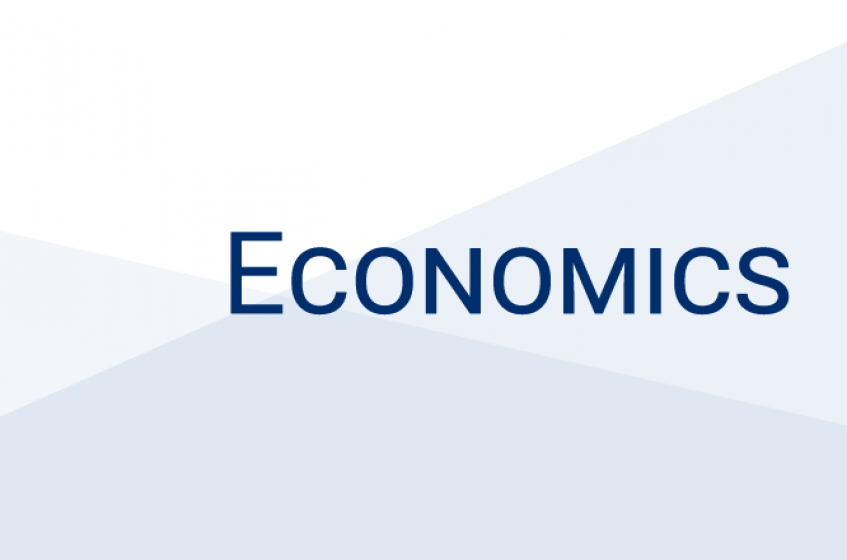
“Colonial Empire Building through Education: Rebellion and Education Provision in Colonial Korea” by Dr. Yutaro Izumi
University of Tokyo
This paper examines the role of education in the consolidation of colonial dominance in the context of colonial Korea under Japanese rule. First, I study the local impact of the March First Movement in 1919, the earliest and largest nationwide independence movement against the Japanese colonial rule, on the provision of public primary education by the Japanese, using a novel county-level panel data set. Instrumenting the intensity of the protests with a plausibly exogenous variation in rainfall frequency, I document that the colonial authority increased investments in public primary education more in areas with higher intensity of the independence movement. The historical accounts and the patterns in the data suggest that the indoctrination motive of the colonial authority is a plausible explanation of the finding: it attempted to restore the regime stability by instilling Japanese ideology to Korean children through education to create obedient and loyal imperial subjects who would accept the Japanese rule. Finally, I provide suggestive evidence that the greater provision of public primary education in the 1920s is associated with higher political stability by lowering the number of anti-colonial activists from the affected cohorts.







